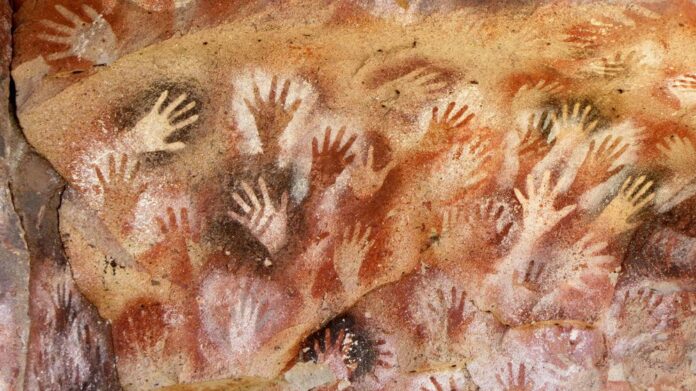By Simon Li and Jonah Ruddock
The humanities are the study of everything that we as a species have ever created. This includes art, music, literature, architecture, philosophy, history, politics, religion, and society itself. The expanse of human creativity is limitless, and as such, so are the humanities. In essence, the humanities ask the fundamental question: what does it mean to be human?
“What’s the monetary value of human civilization? Trying to answer that question proves you are a moral and practical idiot,” Kim Stanley Robinson writes in Ministry for the Future. Not everyone, however, would agree. It turns out that many universities are indeed putting a price tag on the humanities – and deciding that they cost too much. The perception that the humanities are not money-generating majors, and that students pursuing them will not make us much as their counterparts in STEM, means they’re the first to go when budget cuts come. Pair this with the declining interest in these majors from students themselves and you start to see a reason for the decline we see today.
Across the country, the humanities in colleges and universities are suffering. History majors have seen a 45% decline, English 50%, and philosophy 33%. Some schools are discontinuing majors in the humanities altogether. Take University of Wisconsin-Stevens Point, which, according to Forbes, has replaced majors like German, music literature, political science for more job-oriented majors, such as finance, chemical engineering, and physical therapy. Even at East, the humanities elective boasts an unimpressive eight students this semester (of which we comprise two). Why is this?
According to Mr. Miranda, it has something to do with the fact that modernity’s values lie in things like efficiency and economic success. The humanities, riddled with questions that require deep and conscientious reflection, are far from efficient, and careers in sociology or linguistics aren’t reputed to lead to affluence. We suspect STEM and business education is not being given better treatment due to an inherent superiority, but because majoring in something like marketing or medicine gives one a clear path to a career. In a world where the cost of living (not to mention higher education itself) is growing ever higher, it makes sense that people would feel beholden to the job market, and some may argue that when it comes down to it, employers want competent workers, regardless of the internal harmony of these workers’ morals or their ability to contemplate the scope of human expression. After all, according to East graduate Noah Kotzin, the purpose of school has become job training, not learning. But you don’t have to be part of the ‘til death we do art’ crowd in order to benefit from a liberal arts education. A student with a humanities background will have skills that are valuable in many vocational avenues – skills like empathy, creativity, and critical thinking, to name a few.
Is it troubling that higher education is being looked at more and more as a means to an end? Few would be bold enough to say outright that the purpose of education is only to make students more appealing to potential employers. What about learning to appreciate centuries of culture and intellectual heritage? What about, as Mr. Miranda posits, cultivating your core values? What about learning to think for oneself, to refine your own ideas instead of passively imbibing those present around you?
The humanities are the history of minds past and present trying to make sense of the world around us. It is one thing that runs deep in all of us. It is what drives us to listen to music, to read books, to watch films, to cry out to one another that we were here. One of the Stoic principles is to speak with the dead. The idea is that by familiarizing ourselves with the thoughts and musings of those who came before us, we are able to consider things from a richer perspective. After learning to play Beethoven, for example, one feels they’ve discovered a window into his mind, and after reading A Season in Hell, one may feel the same way about Rimbaud. Human life is fleeting, but the mediums through which we record our existence can last long enough to fall into the hands of someone else. As Donna Tartt puts it in The Goldfinch, “In the midst of our dying, as we rise from the organic and sink back ignominiously into the organic, it is a glory and a privilege to love what Death doesn’t touch.”
Our society’s priorities, as they stand now, dissuade students from pursuing the humanities. So maybe it’s time to adjust them.










